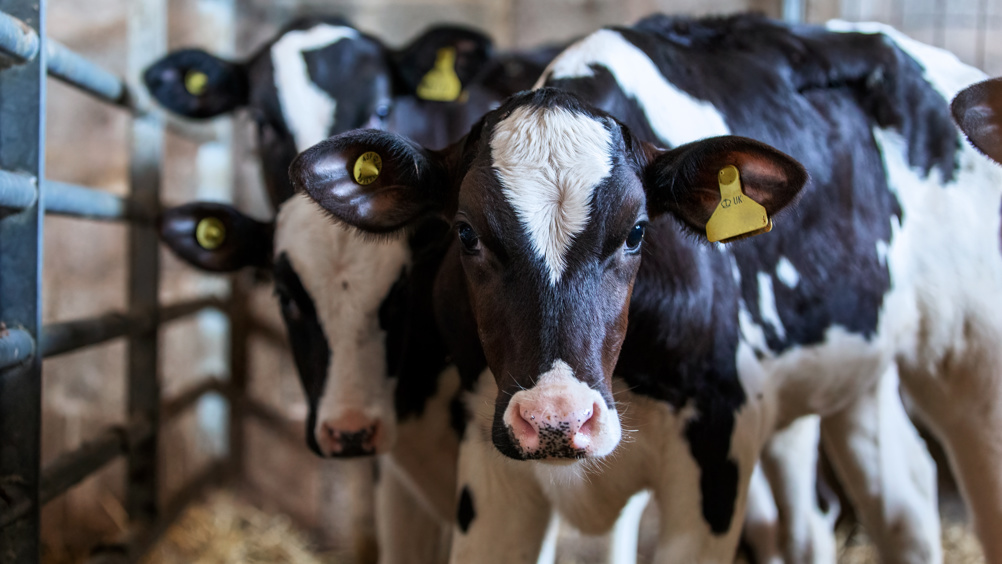As England finds itself in lockdown 2.0, the impact of COVID-19 on our lives, the business we're part of and the lives of our clients is clearly (and rightly) front of mind. There is little doubt that there is likely to be some impact on the health and welfare of the livestock under the collective care of our industry because of the impacts of COVID on the food supply chain. It is encouraging that the UK governments have not forgotten about animal welfare and the potential impact COVID may have; advisory bodies such as the Animal Welfare Committee have been consulted on what form these impacts may take and what can be done to mitigate some of the threats that have been identified.
While COVID is set to cast long shadows on our economy and cultural landscape, it is likely to be wider social changes that have the greater impact on the livestock farming industry. While global demands for livestock products continue to rise in response to increased global wealth, particularly in economically developing nations, in post-industrial economies there is a reduction in their consumption. This reduction stems from a variety of factors, some of which clearly relate to concerns about the environmental impact of livestock production, animal welfare and the ethics of utilising sentient beings for human benefit, an increasing range of alternatives and growing wealth inequality. Consumers may not understand the intricacies of the farming industry, but it is clear that they expect farmers to produce safe, nutritious food from systems that respect both the environment and animal welfare — and that most do not want to have to think about this too closely at the point of purchase.
It is easy to feel overwhelmed by these evolving demands and the rapid changes they require, and be paralysed by the uncertainty in which we live. However, it is our responsibility to ensure that we and our clients' businesses adapt and evolve to meet consumers' needs. There are potential opportunities as well as threats, and if we are deft and politically savvy, we may be able to distance ourselves from the increasing international commoditisation of livestock products and the low prices they entail.
As vets, our duty is first and foremost to be advocates for the welfare of animals under our care, and to ensure that pressure to respond to consumer desires does not see welfare become an inadvertent casualty of good intentions. We must also be prepared to meet some of the challenges and criticisms of the livestock industry head on, and accept that we may collectively need to change what we do to meet the demands of our society. As part of this process, we need to be able to engage with our clients, understand their perspectives and guide them in the development of their businesses.
This issue of UK-Vet Livestock carries a great selection of articles that will help us to this end. Youngstock health and welfare is about to come into sharp focus, with significant policy interventions by retailers and dairy processors to prevent the euthanasia or early slaughter of ‘low value’ calves on their supplying farms, in response to public pressure and industry detractors. We now have a significant challenge on our hands in terms of ensuring that the health and welfare of these calves is maintained, and that we continue to deliver improvements in youngstock mortality and reductions in antimicrobial use. Understanding where some the opportunities for management improvements still lie is highlighted in the survey work by Katharine Baxter-Smith and Robert Simpson on the attitudes of farmers to UK youngstock rearing. In addition, an article on BRD highlights that many cases go undetected, and a refreshingly evidence-based article on calf jackets indicates where they are likely to be of value.
Change is always difficult, particularly in the face of uncertainty, but there are good reasons to be optimistic that it will lead us and our industry to a better place.


